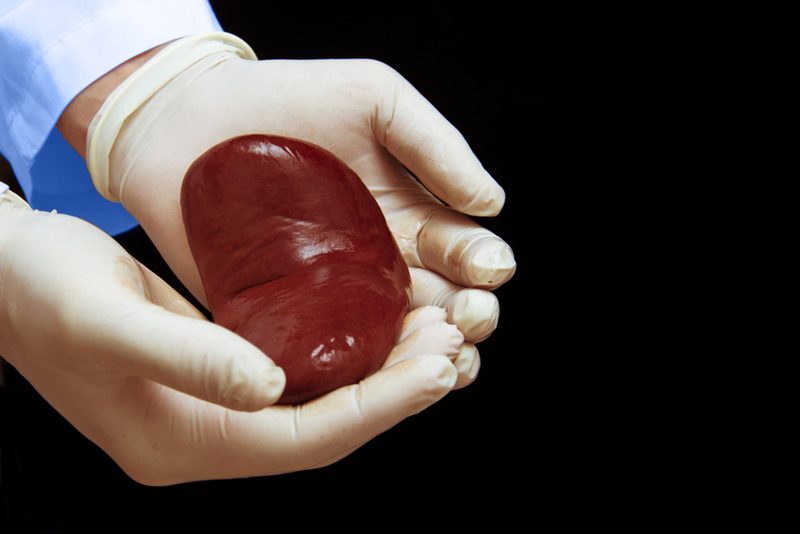Rare 'triple-swap' of kidneys comes to rescue of three men as wives donate organs
PTI Jul 13, 2018
In perhaps a first-of-its-kind case in Delhi, a 'triple-swap' of kidneys came to the rescue of three men, who needed kidney transplants, but were found medically incompatible to receive the organ from their wives. Instead, they received the kidneys from each others' wives, in back-to-back transplant surgeries lasting 14 hours at Pushpawati Singhania Hospital and Research Institute (PSRI).

Two of the couples are from Delhi and the third from Bihar. "After the surgeries, the three couples, who were strangers to each other, have now become friends and emotionally very connected. Some people talk of Hindus and Muslims as being different people, but we are all humans, and have the same blood and kidneys," said Sanjiv Saxena, chairman, PSRI Institute of Renal Sciences.
The surgeries took place on July 8 led by Dr P P Singh, head of kidney transplant surgery at PSRI, from 8 am and 10 pm, with a team of seven surgeons, six anaesthetists, 18 staff nurses and 20 operation theatre (OT) technicians. "Two couples had blood group incompatibility. Only Sana Khatun had a blood group of O+ and thus she could donate to anybody, but there's came another catch. When we performed the 'cross-match' of the couple, it was found positive, so even she could not donate to her husband Yusuf," Saxena said.
In cross-match testing, blood from the donor and recipient are mixed. If the recipient's cells attack and kill the donor cells, the cross-match is considered positive. This means the recipient has antibodies against the donor's cells. If the cross-match is negative, the pair is considered compatible for kidney donation. "The three couples were incompatible for donation separately, but we realised if they swapped kidneys with one another (triple-swapping), the issue could have resolved. So, we went for it. But, that meant adequate preparations and back-to-back three transplants," Saxena said.
"Double swapping in which two sides decide to swap kidneys to benefit each other is normal, but three parties, in this case three couples mutually agreeing to donate kidneys to each other is rare (triple-swapping), and this case is in all likelihood the first such case in Delhi," he said. Saxena said the three couples by agreeing to benefit each other, saved the high cost that they would have otherwise incurred, had they gone with antibody removal protocol, which is very expensive.
Also, in such cases, the chances of 'graft rejection' is very high. Graft rejection refers to a case in which a recipient develops complications after receiving an organ. The senior doctor said kidney transplants are generally done among family members but swapping of kidneys with mutual agreement is the exception.
-
Exclusive Write-ups & Webinars by KOLs
-
Daily Quiz by specialty
-
Paid Market Research Surveys
-
Case discussions, News & Journals' summaries